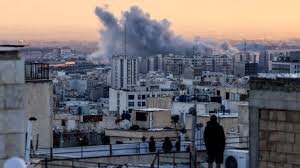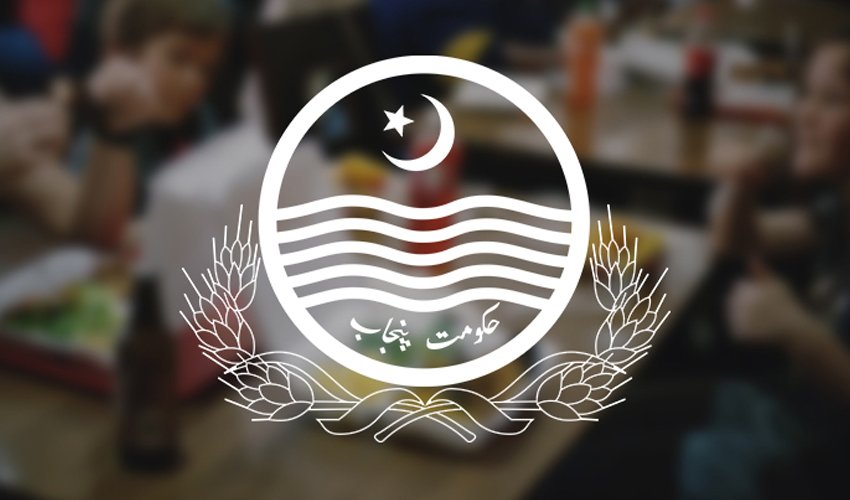Mudassir Rizwan
History has consistently demonstrated that when states fail to deliver development and equal rights to all citizens, marginalized groups often direct their frustrations towards the symbols of power and authority, including institutions and figures that are supposed to embody national unity. A recent incident in Bangladesh serves as a sobering reminder of this reality, when an enraged mob set fire to the Dhanmondi residence in Dhaka, the former home of Sheikh Mujibur Rahman, the founder of the nation. While such attacks on this historic building are not new, as it was also torched during protests against the ruling government last year, this time the event was exacerbated by the controversial speech of Prime Minister Sheikh Hasina, Mujibur Rahman’s daughter, who is currently in India. Her call for resistance against the interim administration, and her criticisms of the existing government, further fueled tensions in an already volatile political climate.
The incident highlights a profound shift in public sentiment in Bangladesh. For many citizens, the residence of Sheikh Mujibur Rahman, once a revered symbol of the nation’s founding, has come to represent a “fascist stronghold,” a symbol of the autocratic and exclusionary nature of the current regime under Hasina’s leadership. This growing disillusionment with the ruling party, the Awami League (AL), is rooted in the perception that Hasina’s government has failed to create a more inclusive and democratic society. The attacks on Mujibur Rahman’s former residence serve as a powerful symbol of the political frustration and alienation felt by many Bangladeshis.
The current situation in Bangladesh can largely be attributed to Sheikh Hasina’s leadership, which has often been described as authoritarian. Under her rule, many Bangladeshis have been systematically excluded from the benefits of the country’s economic growth, while political freedoms have been increasingly stifled. The growing discontent is not only about economic disparities but also the curtailment of basic democratic rights and freedoms. This combination of exclusionary policies and political repression has led to widespread public anger, manifesting in violent protests and attacks on symbols of power, including the Sheikh’s residence.
The irony is that Sheikh Mujibur Rahman, the father of Bangladesh’s independence, was also responsible for stunting the country’s democratic development. After the nation’s independence in 1971, he established a one-party state in January 1975, which undermined the prospects of a democratic Bangladesh. His decision to create a one-party system further entrenched authoritarianism and set the stage for political turmoil. Tragically, this period of authoritarian rule culminated in the brutal assassination of Sheikh Mujibur Rahman and most of his family members in August 1975, in the same Dhanmondi house that was recently set on fire. This dark chapter in the nation’s history serves as a reminder of the dangers of centralized, autocratic power.
Pl watch the video and subscribe to the YouTube channel of republicpolicy.com
Today, Bangladesh finds itself at a crossroads, where the need for democratic reform is more urgent than ever. The country’s future depends on its ability to move beyond the authoritarian legacy of both Sheikh Mujibur Rahman and his daughter, Sheikh Hasina. The continued rule of the Awami League, characterized by political exclusion, suppression of dissent, and consolidation of power, threatens to undermine the democratic fabric of the nation. The recent events at Dhanmondi underscore the growing dissatisfaction with the political status quo and the urgent need for change.
The international community, especially Bangladesh’s regional neighbors, should take note of the ongoing unrest in Bangladesh. The events at Dhanmondi are a clear warning: when a government engages in exclusionary policies, pushing large segments of the population to the margins, it risks provoking a violent backlash. Public anger can quickly escalate into widespread unrest, especially when people feel that their grievances are being ignored or suppressed by those in power.
To ensure a peaceful and democratic future for Bangladesh, it is essential for the interim government, led by Dr. Muhammad Yunus, to adhere to the electoral timeline previously announced, aiming for elections in late 2025 or early 2026. This timeline must be respected to ensure a proper democratic transition and avoid further political instability. The interim government and the future elected administration must prioritize justice, inclusivity, and fairness, rather than focusing on political vengeance. It is crucial for the new leadership to reconcile the country’s fractured political landscape and work towards a society that is not only economically prosperous but also politically inclusive and democratic.
In the long term, Bangladesh must move away from the cycle of exclusionary politics and authoritarian rule. Political leaders must acknowledge the role of their policies in alienating large swaths of the population and must take concrete steps to create a more inclusive and transparent political system. The focus should be on promoting equality, protecting political freedoms, and ensuring that the country’s economic progress benefits all citizens, not just a select few.
The situation in Bangladesh offers a valuable lesson for other regional states. The dangers of exclusionary policies are not unique to Bangladesh; many countries in the region have experienced or are currently facing similar challenges. The lesson is clear: when people feel disenfranchised and marginalized, they will inevitably find ways to express their anger, sometimes in violent and destructive ways. Governments that fail to address the grievances of their people and provide equitable opportunities for all are sowing the seeds of their own downfall.
The recent events in Bangladesh should serve as a wake-up call to both the government and the people. For the country to heal and move forward, there must be a shift away from authoritarianism and a commitment to building a truly democratic society, where political freedom, justice, and inclusivity are at the heart of governance. The time for change is now, and it is up to the people and the political leadership of Bangladesh to seize the opportunity to create a brighter, more equitable future for all.
In conclusion, Bangladesh is at a pivotal moment in its history. The attacks on Sheikh Mujibur Rahman’s residence are not just a reflection of public anger but also a cry for democratic reform and inclusion. To avoid further unrest and to ensure the stability of the nation, the government must prioritize democratic principles, human rights, and political freedom. Only through these efforts can Bangladesh hope to emerge from its cycle of authoritarianism and build a more prosperous and just society for all its people.















